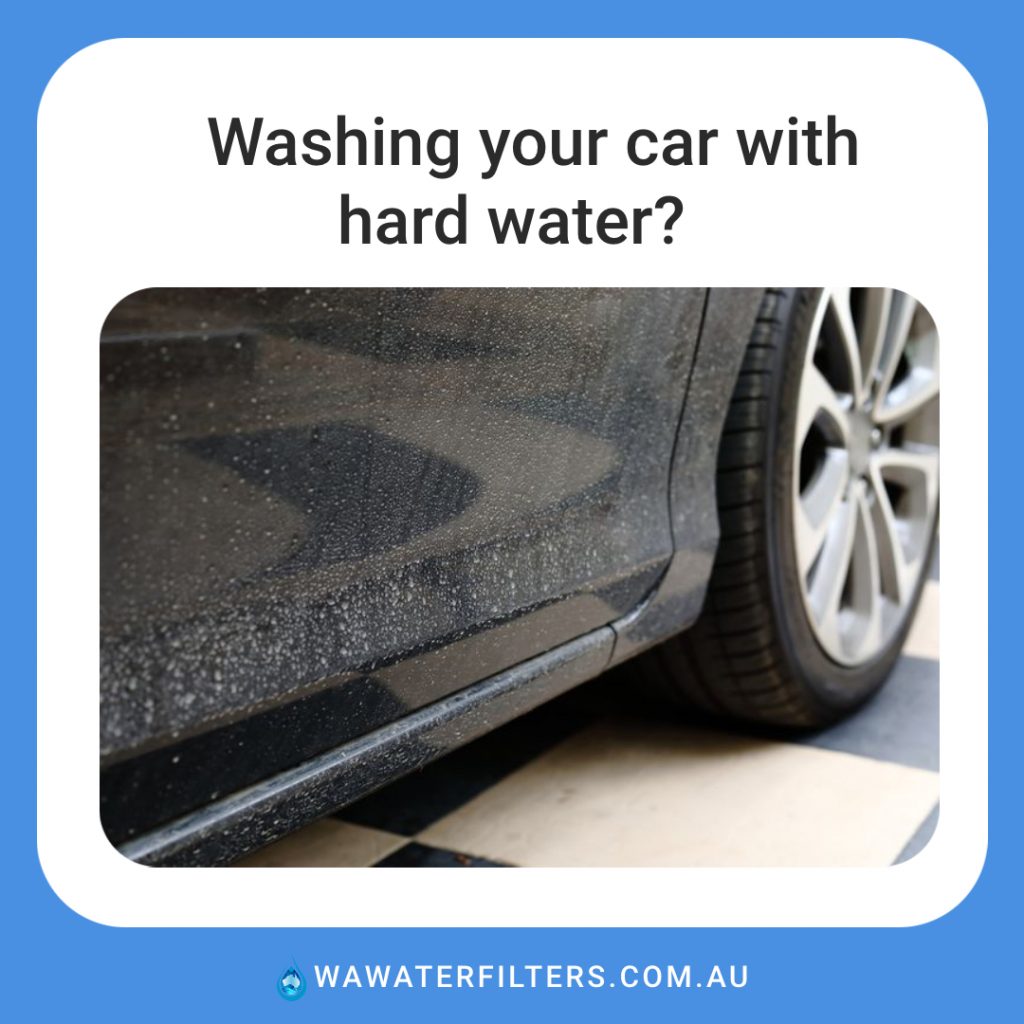- Specially designed for treating hard water minerals and borehole water.
- It helps you with issues like frizzy hair.
- Stop scale build-up.
- Softens your water making everything easier to clean.
- Softer water is pleasant on skin. Important for babies and eczema.
- Forms good foam to detergent.
- Protect heaters from deterioration.
- Conditioned water keeps shower screens, shower walls, and bath tub clean.
What is happening nowadays in Australia?
More hard water mineral borehole water is being used in the capital cities and towns. Also, there is a lot of chemical being applied to the water, like chlorine. All this has caused an increase in the contaminants levels in the water. Farmers and people living next to fish farms and crops, source their water from aquifers and have experienced a fishy smell coming from their water. As a result, they can no longer shower or drink in tap water. And laboratory results show significant levels of nitrates, TDS and hardness as of May, 2021. Therefore, the only system that can solve this high levels of hardness is a water softener. Water Softeners exchange the calcium ions with sodium ions. This will prevent the scale deposits throughout the house. However, the water softener cannot be installed by itself. The house water softener comprehends two systems. One Pre-Filtration System, and then the Water Softener. The pre-filtration system is generally to get the sediments, chemical and disinfectants out of the water by using a quality Sediment filter wth a Carbon or Aragon filter. After chemicals and chlorine are filtered out from the water, the softening resin inside the water softener will exchange the calcium with sodium ions. And the water going into your house will be free of sediments, chemicals and calcium. Then, after 8,000 Litres, or so, salt (sodium chloride) passes through the resin to regenerate the resin. Without regeneration the resin exhausts and damages easily. Therefore, sodium (salty water) ions re-charge the resin. Then, hard-water salts are washed down the drain.
The pre-filtration system is generally to get the sediments, chemical and disinfectants out of the water by using a quality Sediment filter wth a Carbon or Aragon filter. After chemicals and chlorine are filtered out from the water, the softening resin inside the water softener will exchange the calcium with sodium ions. And the water going into your house will be free of sediments, chemicals and calcium. Then, after 8,000 Litres, or so, salt (sodium chloride) passes through the resin to regenerate the resin. Without regeneration the resin exhausts and damages easily. Therefore, sodium (salty water) ions re-charge the resin. Then, hard-water salts are washed down the drain.
What is hard water?
The amount of dissolved calcium and magnesium in the water determines if your water is hard. Hard water is high in calcium and magnesium. You may have seen white spots and stains in your plumbing fixtures and appliances. Also, depending on the calcium levels of your water, with hard water you may have to use more soap/detergent to wash your clothes and dishes.Do I need a Water Softener?
- If you currently have calcium build up in your faucet, plumbing system and showers
- Require double amount dosage of detergent to form soap scum.
- Experiencing itchy skin and scalp.
- Have strong odours in your shower.


Does the WFL House Water Softener lowers the TDS?
TDS stands for total dissolved solids, and represents the total concentration of dissolved substances in water.
TDS measures "everything " that is in the water, everything that has an electric charge. Therefore, yes. Water Softeners are capable of reducing the TDS levels by reducing the calcium dissolved in your water.
However, although water softeners can reduce your TDS levels by reducing the amount of calcium, to efficiently reduce your water TDS levels in your drinking water, reverse osmosis systems are the way to go. Reverse osmosis systems can reduce TDS levels to below 50 ppm. Therefore, the compact reverse osmosis is recommended as an add on for the house water softener. The compact reverse osmosis is usually installed under your kitchen sink, and its size can be reduced to 3 stages only (main stages).





